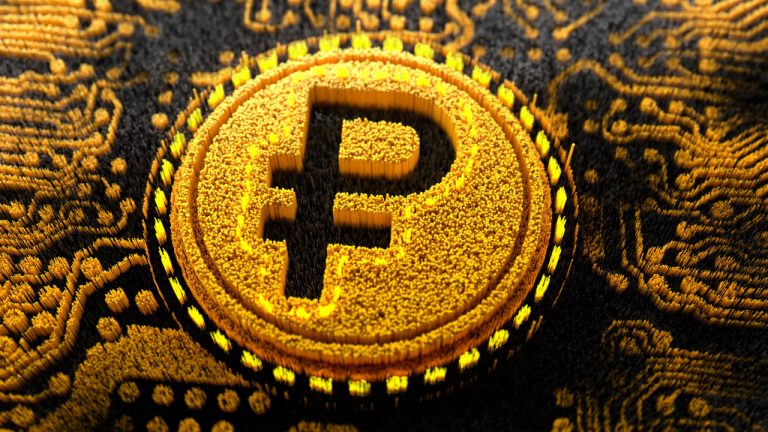Russia to Trial Digital Asset Settlements in Foreign Trade

Bank of Russia plans to pilot cross-border payments using digital assets and central bank digital currencies, according to a deputy governor. The top executive believes these alternative instruments could increase efficiency in foreign trade while such settlements will not be permitted inside Russia.
Russian Government Backs Initiative to Test Digital Assets in Payments Abroad
The Russian Federation intends to experiment with digital asset payments in settlements with trade partners, Deputy Chairman of the Central Bank of Russia (CBR), Alexey Guznov, told the daily Izvestia. Also quoted by the business news portal RBC, the official revealed that the plan is supported by the executive power in Moscow.
The use of digital financial assets (DFAs) has the potential to increase the efficiency of foreign trade, Guznov elaborated. At the same time, he made it clear that these settlements will not be allowed within the country, a position that has been consistently maintained by Russia’s monetary authority.
The trials will be carried out in two stages, the executive detailed. During the first, Russian authorities will adopt legislation creating the legal basis for the so-called experimental legal regimes under which cryptocurrencies can also be used. The necessary bill amending 30 legal acts is being prepared by the bank and the finance ministry.
DFAs, as currently regulated by the law “On Digital Financial Assets” from 2021, usually represent tokenized traditional assets issued on private blockchains developed and operated by CBR-authorized entities. These include the tokenization service Atomyze and the fintech company Lighthouse.
Among them are also major Russian banks like the private Alfa-Bank and the majority state-owned Sberbank. The latter recently announced it’s preparing to allow retail investors to trade digital assets on its blockchain platform as early as this month.
Foreign Firms to Be Granted Access to Russian Digital Asset Market
International transactions with digital assets will be tested during the second stage of the experiment. Both central bank digital currencies (CBDCs), like the digital ruble, and tokens issued by Russian companies together with foreign partners will be used during the pilot, explained the head of the parliamentary Financial Market Committee, Anatoly Aksakov.
The foreign entities must be allowed to use Russia-based information systems, the lawmaker emphasized. In May, Aksakov said that the law on digital financial assets will be amended to facilitate their access to the Russian market. Aksakov also noted that DFA payments will help international settlements against the backdrop of sanctions.
For more than a year, officials in Moscow have been discussing the legalization of cross-border payments with digital assets, including cryptocurrencies, amid unprecedented financial restrictions imposed on Russia over its invasion of Ukraine. Several bills are under review in parliament. Last month, Aksakov also remarked that large Russian firms are already using crypto in foreign trade settlements.
Do you think Russian companies will expand the use of digital assets in cross-border payments? Tell us in the comments section below.
Register now to receive up to $255 welcome bonus. Let cryptocurrency change your life Register now to receive up to $255 welcome bonus. Let cryptocurrency change your life